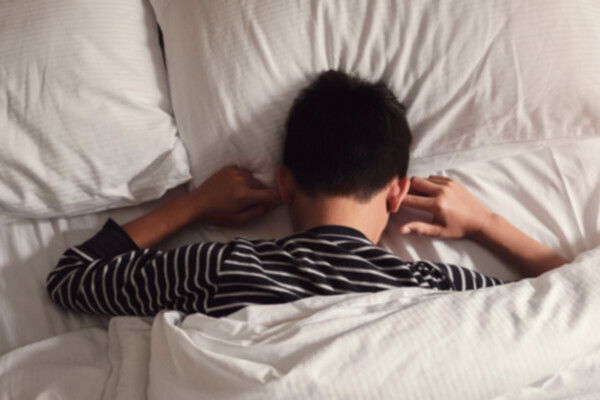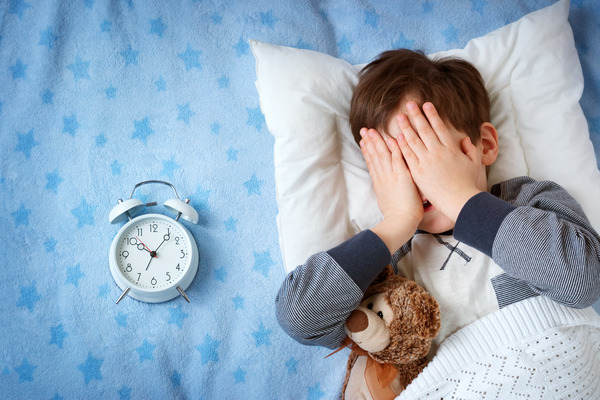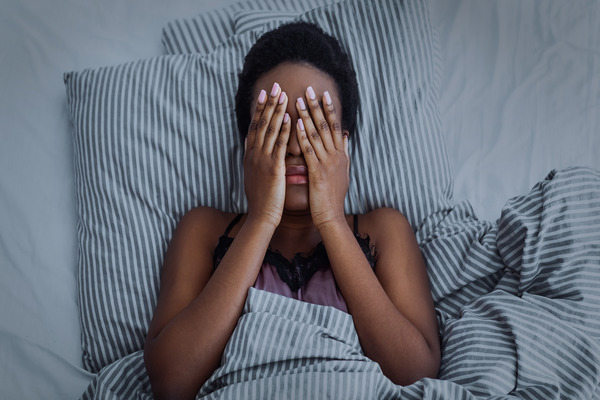At some stages of childhood, children may have trouble falling asleep. Sometimes all they want is the attention of their parents, who must be very patient.
He behavioral insomnia It is presented by children who cannot fall asleep alone. To this we can add that they do not want to fall asleep or spend the whole night in their bed, that they prolong co-sleeping in an exaggerated way – or return to it -, that they want to go to bed at an inappropriate time for children of their age, that they fall behind ” at all costs” the time to go to bed or who want to fall asleep on the couch accompanied by their parents or siblings, with the lights on and the TV on.
Why does behavioral insmonium appear?
When a child has insomnia problems falling asleep or in their nighttime habits, they usually have to do with problems in their personal, emotional or family environment, among them they may be: bad sleeping habits stress or anxiety due to family problems, separations, etc.
In these cases, when they are told to go to bed, they tend to cry, kick, feign fear, infantilize their reactions and ultimately seek the attention of their parents. These sleep problems are one of the most common frustrations of first-time and not-so-first-time parents. Taking preventative measures focused on sleep routines and environment can be very helpful.
How to solve behavioral insomnia?
He general objective It must be that the child achieves a restful sleep that allows him to rest and gain strength for the day to day. For this it is necessary:
- Regulate rest time. This means being aware of how much time the child needs to be truly rested.
- Monitor the nap. Assess whether this rest in the middle of the day harms your autonomy to sleep at night or not. And, if so, gradually remove it even if they seem more upset in the afternoon.
- Normalize schedules. Children need guidelines and norms to feel safe. You should know that this time is also part of your rest.
- Don’t eat too late. It’s best to have some of the digestion done before you go to bed. To do this, it is advisable to have dinner an hour and a half before.
- Don’t go in a hurry in the morning, getting up at least an hour before going to school so that they respect their rhythms and schedules.
- Get into bed without rushing, following an order of routines such as brushing your teeth, reading a story, etc.
It is also true that there may be medical problems, including neurological and psychiatric conditions, that can cause insomnia in children.

Some of these possible disorders include
- Depression disorder Post-traumatic stress disorder (PTSD)
- Attention deficit hyperactivity disorder (ADHD)
- Autism
- Asperger syndrome
- Additionally, some children (especially adolescents) may have circadian rhythm disorders such as delayed sleep phase syndrome resulting in insomnia. These conditions cause difficulties falling asleep at night and a desire to oversleep in the morning.
In any case, the child needs routines before going to bed, which calm and give security. This daily dynamic helps you create a stable behavior pattern and understand sleep as something positive. If, despite everything, the child continues to have problems sleeping and resting properly, it is necessary to seek professional help.









